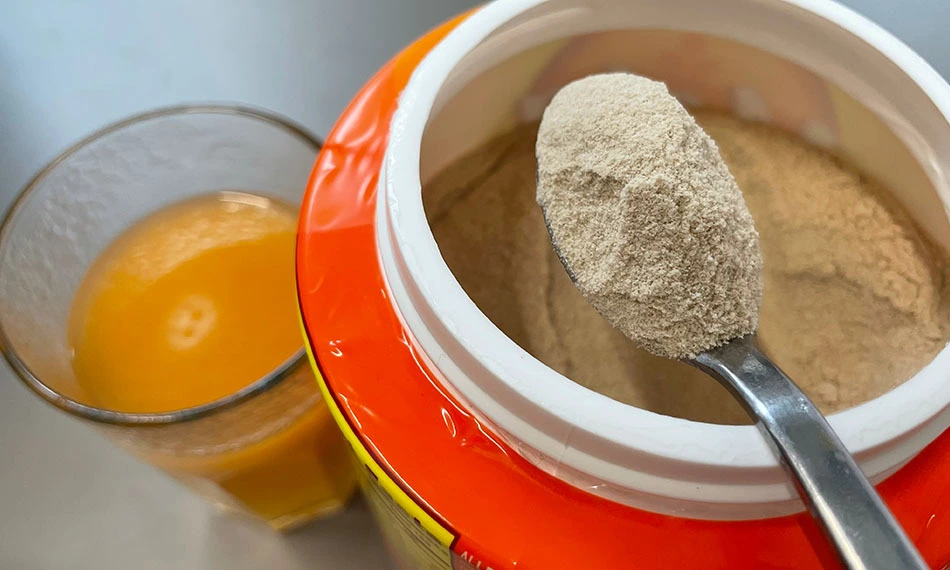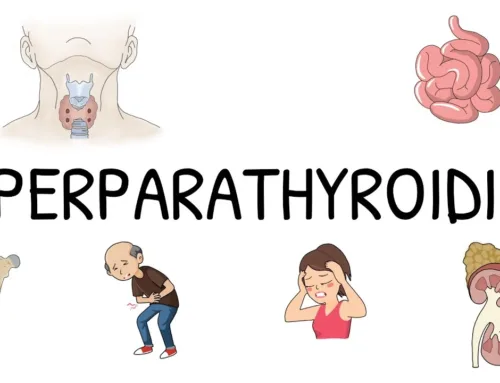
Metamucil is a fiber supplement that helps with constipation, diarrhea, and hemorrhoids. It’s also been used as an appetite suppressant for weight loss, which has led many people to ask: does Metamucil curb your appetite? We’ll explore the potential benefits and side effects of taking Metamucil for weight loss.
What is Metamucil?

It is a fiber supplement that comes in powder form. It’s made up of the following:
- Psyllium seed husks are dried and ground into small pieces. These act as bulking agents to make you feel full faster.
- Cellulose gum thins the stool out so it can pass through your colon easier.
- Pectin is a fiber in fruits such as apples and oranges (and other plants). This helps add bulk to your stool for easy passing through the intestines.
The fiber content in Metamucil is roughly around 20 grams per serving, considered the recommended daily intake. It’s also low in fat, sugar, and sodium.
The main reason for taking Metamucil is to help relieve constipation. It adds bulk to your stool to pass through your colon more easily. This makes you feel full faster, which helps reduce hunger pangs and overeating.
Metamucil is also safe for people who have gastroesophageal reflux disease (GERD) and diverticulitis. This is because it’s not absorbed in the small intestine, which means it doesn’t interact with medications for these conditions.
Can it aid weight loss?

Metamucil is a popular fiber supplement used to treat constipation and diarrhea.
Fiber supplements, such as Metamucil, are typically used with healthy eating habits to aid weight loss. It’s also common for people trying to lose weight by using Metamucil to report that they don’t feel hungry when taking the supplement.
Fiber supplements like Metamucil can be used as a weight loss aid because they help you feel full by making you feel fuller longer than usual without increasing your caloric intake or adding more calories to your diet. The fiber content of Metamucil means you will not absorb all the calories from food that you consume while using this product; therefore, if you eat less while using it and still get enough nutrients from other foods in your diet, there is potential for reduced calorie intake and thus possible weight loss over time. However, this effect can only occur if you take steps toward reducing overall calorie consumption alongside taking Metamucil. If only one change is made at once (such as switching from soda to fruit juice), then any potential benefits gained from doing so will be negated due to increased sugar consumption brought about by eating more fruit juice than soda!
The fiber content of Metamucil is not enough to cause weight loss by itself; however, it can be used as an aid for weight loss and maintenance when combined with other lifestyle changes. For example, getting enough exercise may take work if you want to lose weight, but having a job requires you to sit at work all day.
If this is the case, then you can use Metamucil to help offset some of those calories you’re taking in by drinking less sugary beverages and eating more fiber-rich foods. The key here is moderation: stay moderate with your exercise or diet if you want to see results!
Potential side effects
Metamucil can cause several side effects, including:
- Abdominal pain and bloating. This common side effect usually goes away after 2 to 3 days of use. If it doesn’t go away after that time frame or if you have any other symptoms, such as diarrhea, vomiting, or nausea that occur along with abdominal discomfort (such as constipation), then contact your doctor immediately.
- Dehydration. If you are dehydrated while taking Metamucil, call 911 immediately and drink fluids until they’re rehydrated!
- Gas/stomach pain/nausea/vomiting and allergic reactions may also occur when taking this product at higher doses over long periods–see below for more information about these potential complications.
- Prolonged use of psyllium can lead to increased gas, stomach cramps, and diarrhea. This is because it absorbs water from your body, which can cause dehydration. If you experience these side effects, reduce or discontinue the use of Metamucil for a few days and then resume at a lower dose.
- Metamucil may cause a rare but serious allergic reaction known as anaphylaxis. Symptoms of this reaction include itching, swelling (especially of the face/tongue/throat), trouble breathing, and dizziness.
- You shouldn’t use this product if you have or have ever had a bowel obstruction, stomach ulcer, or gallbladder disease. Don’t take it if you’re pregnant or breastfeeding.
Conclusion
Metamucil may be the right choice if you’re looking for a weight-loss supplement that helps curb your appetite. This fiber supplement has been shown to reduce hunger and make it easier to stick with a diet plan. However, side effects can occur when taking this product, such as bloating or diarrhea. It’s important to ask your doctor before starting any new dietary supplement so they can advise you on whether it’s safe!




Leave A Comment